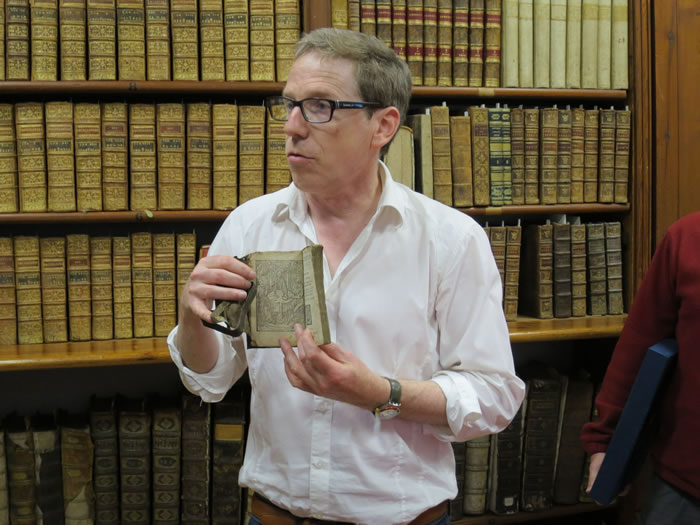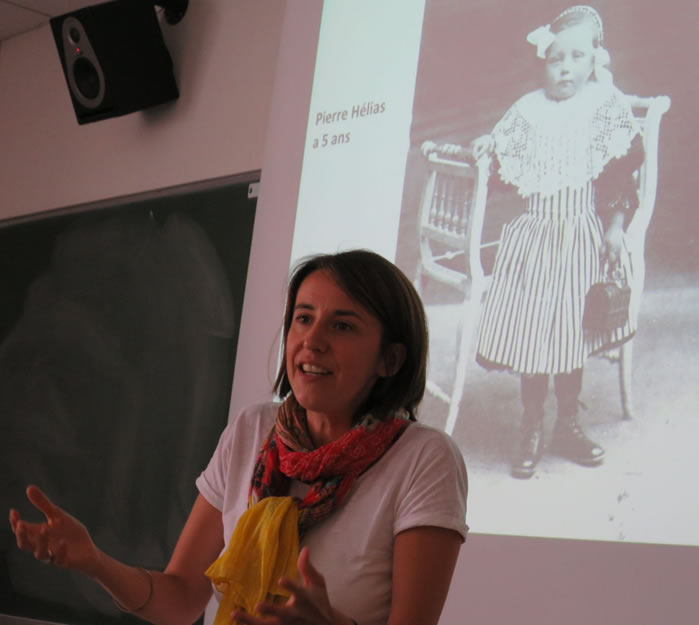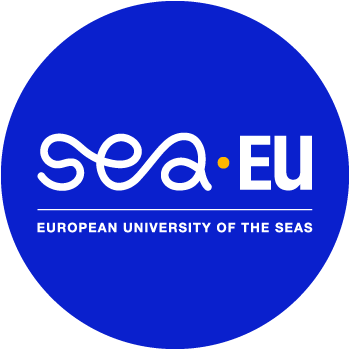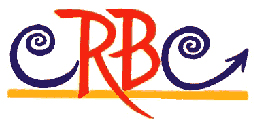Summer School in Breton Heritage Studies
The University of Western Brittany is delighted to announce its sixth annual Summer School in Breton Language and Heritage Studies. Until 2015, scholars with an interest in the Celtic languages and cultures had little opportunity to study the Breton language, literature and culture. Yet, it is sometimes forgotten that, along with Welsh, Breton is the most widely spoken Celtic language with roughly 200,000 native speakers. Given that the language classes are taught through the medium of English, the course provides an excellent opportunity to study the only Celtic language to have survived on the continent of Europe.
Breton : a Neglected Celtic Tongue
Because Brittany has long been geographically, culturally and linguistically isolated from the other Celtic-speaking nations of Great Britain and Ireland, where English generally serves as the lingua franca, contacts with Breton-speakers have been relatively problematic. For this reason, the Breton language and culture is perhaps the least known by Celticists around the world. Yet, as those who attended the course discovered lasts years, the richness and variety of Brittany’s cultural and linguistic heritage is remarkable. We are confident that this year’s participants will share the same opinion.

Dr. Yann Celton, Director of the Archives of the Bishopric of Quimper and CRBC member, showing one of the earliest printed books in Breton
The teaching staff

Dr. Mannaig Thomas giving a lecture on the Breton-language author, Per-Jakez Helias
The lecturers are all members of the University of Western Brittany’s Centre for Breton and Celtic Research (Centre de Recherche Bretonne et Celtique). The CRBC has over 40 full-time faculty and researchers and it is the largest structure of its kind in France devoted to Breton and Celtic studies.
Language of instruction
Morning language classes are taught through the medium of Breton, English and, occasionally, French. Written supports are all in English and Breton. We recommend the Delaporte’s Elementary Breton-English Dictionary (Hor Yezh).
Afternoon lectures are given through the medium of English and/or French. In those cases where lecturers feel more comfortable giving their talks in French, English handouts or transcriptions are presented to students (as well as English translations of the powerpoints) to assist those having only a rudimentary level of French.


